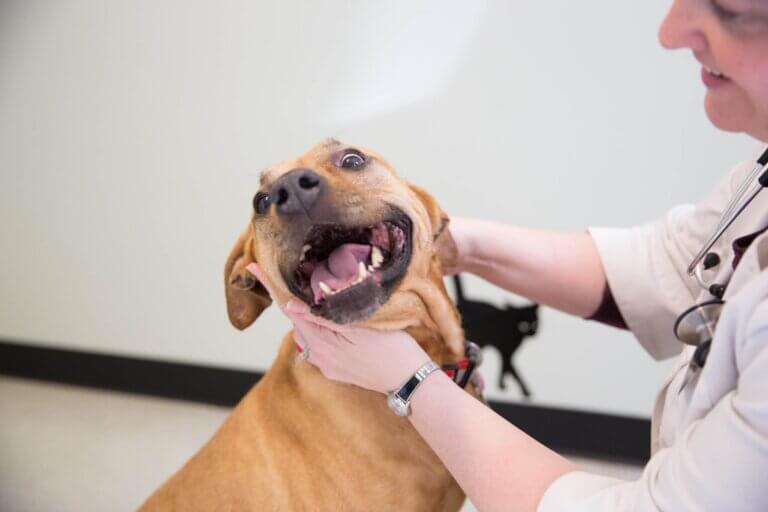The increasing incidence of respiratory illnesses in dogs is raising alarm among pet owners and veterinarians alike. Recognizing the symptoms, understanding the associated risks, and taking steps for prevention are vital to keeping your canine companion healthy and strong. Read to find out what you can do to help keep your dog from contracting canine respiratory illness, and what you should do if you think your pet may be sick.
Identifying Symptoms
Canine respiratory disease may present with various signs. Primary symptoms to look out for include:
- Continuous coughing
- Runny nose
- Elevated temperature
- Fatigue
- Reduced appetite
Should your dog show any of these signs, call your local veterinary clinic right away. When caught early, there is often a better chance of treating the disease.
Spread and Occurrence
The disease isn’t widespread everywhere; it has been noted in 16 states including Pennsylvania, Florida, California, and Maryland, with the count increasing. It’s essential to stay updated about the disease’s prevalence in your area and exercise caution while traveling with your dog.
Preventative Strategies
To shield your dog from respiratory disease, make sure to take the following steps:
- Immunization: Keeping your dog’s vaccinations current is key. Certain vaccines can guard against typical respiratory disease pathogens.
- Cleanliness: Regular sanitation of your dog’s living space and accessories can reduce infection risks.
- Avoiding Busy Areas: In regions with known cases, it’s wise to steer clear of crowded dog areas such as parks or kennels.
- Regular Veterinary Check-ups: Consistent veterinarian visits aid in the early detection and prevention of various conditions.
Consult Your Veterinarian Promptly
Although canine respiratory disease is on the rise, taking informed and active steps can greatly diminish your pet’s risk. If you have any doubts about your dog’s health concerning respiratory issues, please contact your veterinarian immediately to make an appointment.
